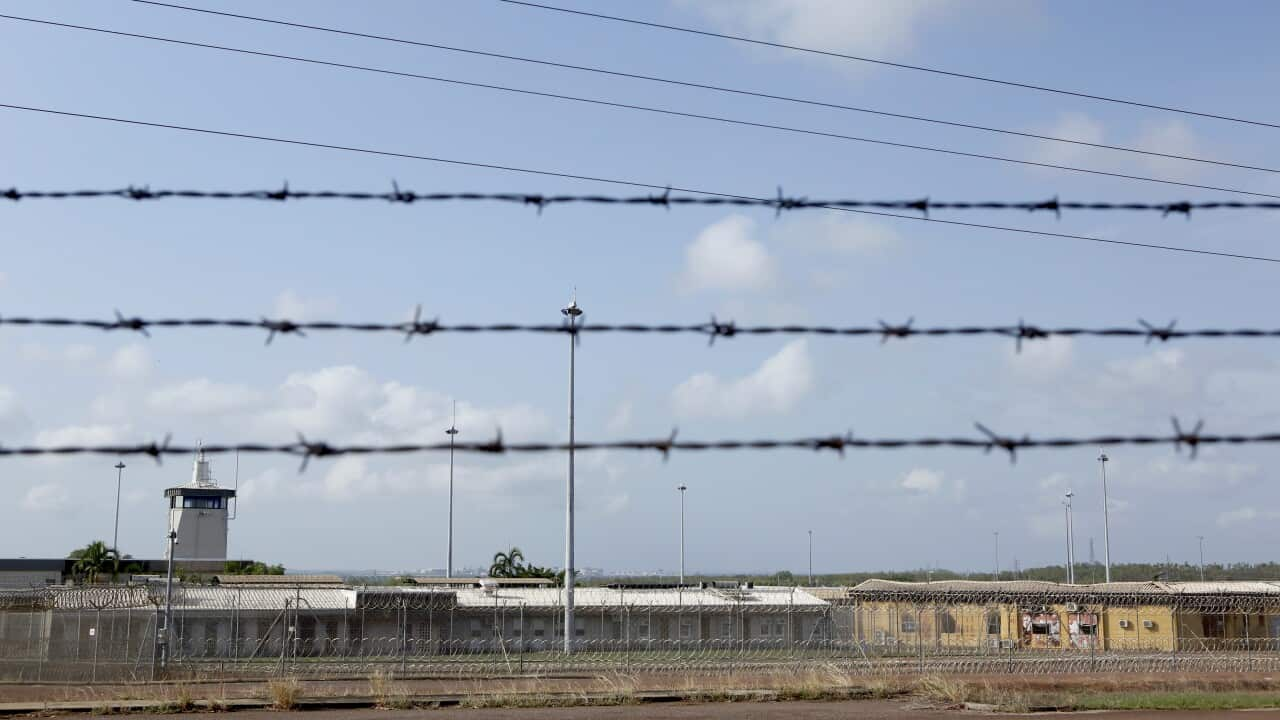State attorneys-general have agreed to support the "development of a proposal" to raise the age of criminal responsibility from 10 to 12.
But the move has been widely criticised by Aboriginal and Torres Strait Islander organisations, and by legal and rights groups, who say genuine action to increase the age to at least 14 is needed.
The announcement was made on Monday night in a communiqué from the Meeting of Attorneys-General, three years after they began investigating potential legal reforms to raise the minimum age of criminal responsibility from 10 to 14.
James Clifford, who is the acting managing solicitor of the Children's Criminal Practice at the Aboriginal Legal Service, says the move is "very disappointing".
"I think it's a really sort of cynical attempt to give the appearance of something happening, the appearance of action, without actually doing anything," he said.
"It's an agreement to support developing a proposal, it's not actually committing to raise the age at all, let alone a commitment to raise the age to 14, which we really see as the minimum age."
Cheryl Axleby is co-chair of Change the Record, a national Aboriginal-led justice coalition and she says it’s just "another empty commitment" that isn't much better than not increasing the age at all.
The United Nations recommends 14 as the youngest age a child should be held legally responsible for their crimes.
This is because children under 14 aren't yet capable of comprehending the consequences of their behaviour, says Executive Director of Save the Children's Australian Services, Matt Gardiner.
"They understand lots of things and we need to be able to help them to be able to make those right choices," Mr Gardiner said.
Aboriginal and Torres Strait Islander children are significantly over-represented in Australia's youth justice system, making up around 60 to 70 per cent of the 10 to 14-year-olds behind bars.
Ms Axleby says rather than making the community safer, imprisoning young children leads not only to recidivism but also to adverse health and social outcomes.
"We also need to understand that many of those children that come in contact with a system have other issues that they're dealing with as well, vulnerabilities, whether it be mental health issues or cognitive impact," Ms Axleby said.
"Because their brains are still developing, the criminal legal system is more likely to cause them lifelong developmental and mental health and trauma.
"We've seen already in Don Dale [youth detention centre], we've seen ... how Aboriginal children and non-Aboriginal children are treated in the justice system."
When practising at children's court, Mr Clifford said he sees first-hand how jailing youth can lead to them harbouring distrust for adults.
"If you imagine [the children] being alone and vulnerable ... I think it can have a really negative effect on their ability to trust other adults, to trust systems," he said.
"Because the more time they spend away from family, community, school, it just compounds and it just drags them further away from those positive social activities we want to see every kid involved in."
The UN has repeatedly called on the Australian government to raise the age of criminal responsibility to at least 14 but a spokesperson for federal attorney-general Michaelia Cash says it's a decision for each jurisdiction.
"This is primarily an issue for states and territories, as the overwhelming majority of offences committed by children are state and territory, not Commonwealth, offences," the spokesperson said.
"The Australian government continues to engage with jurisdictions to ensure treatment of young people in detention meets all expectations for the safety and protection of children under government care."
Where the states stand
The ACT parliament voted last year to raise the age of criminal responsibility from 10 to 14, making it the first Australian jurisdiction to agree to bring its laws into line with the UN standard.
Other states and territories are further behind.
The Northern Territory government has agreed in principle to increase the age of criminal responsibility to 12, in line with a recommendation from a royal commission into youth detention.
In Western Australia, the governing Labor Party passed a motion at its state conference in October in support of raising the age of criminal responsibility to 14, while a similar proposal passed Tasmania's upper house last month.
And Greens MPs in Queensland, Victoria, and New South Wales have all tabled bills in the past six months year to raise the age to 14.
Mr Gardiner says the lack of national consensus and politicisation of the issue is concerning.
"There's no good having ... the ACT out there on its own, doing the right thing and reducing crime as a result, and all of the other states falling behind," he said.
He says while there needs to be some kind of justice response for children who commit crimes, it should be based on a therapeutic model of support with a focus on early intervention.
"We don't need to make this stuff up. We've got evidence for programs that work, we've got evidence for the role that education, and stable and secure housing, play in a child's life.
"We're hanging out here on our own holding children at the age of 10, responsible for criminal behaviour in a way that puts them behind bars. It's just not sustainable. It's not best practice. And it doesn't work."











